5 Questions to Ask a (Prospective) Therapeutic Program or School
by Michelle Grappo, M.A., Ed.M., NCSP
Is your child (or teen or young adult) struggling? If you are beginning the process of exploring a program or school with clinical therapy, it’s important to do your homework. The best way? Interview personnel at programs — personally. As educational consultants, we vet programs before recommending them to families, but we still encourage parents to do their own due diligence.
Right now we provide over 150 questions to parents to consider asking. And with every placement we do, that list gets longer! It takes a lot of time and energy to explore a program and typically parents will interview and/or visit just 2-3 carefully-considered programs. Fortunately, if you can’t visit in person, you can benefit from the experience of consultants who have both toured and had years of experience.
Here are five of my favorite questions. These questions are intended to provide information but also reveal more subtle details regarding the character of a program. Of course, you should also ask about licensing, financial details and supervision/ safety.
1) Origin story: Who started this program and why? How does that inform the work you do today?
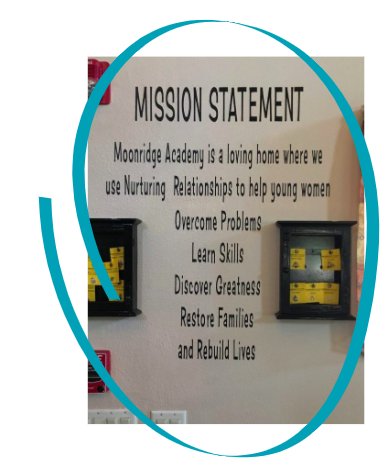
I love this question because it reveals the raison d’etre: the mission, the passion, the players, and present culture of a program. Remember that this is going to be an intimate relationship between your family and this group of people, this institution. It’s important to get a sense of who they are and why they come to work every day. If you get a flat answer, that can tell you a lot!
2) What is the therapeutic approach/ philosophy?
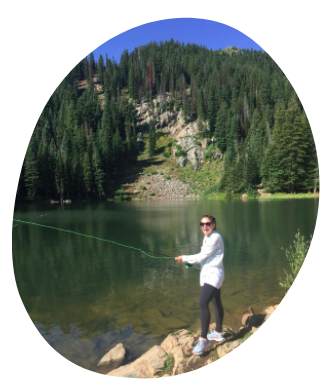
Now that you have the backstory, let’s dig further into what this program does by exploring how they do what they do. Rather than getting too attached to fancy clinical buzz words, this question should open up a conversation about who the clinicians are, how they trained, and what they are doing every day. How is the philosophy woven into the program? An experienced and skilled professional can use this question to dive into the details. If the professional doesn’t take you there, be sure to ask, “how do you execute this approach… not just big picture, but how is it thread through the details of my child’s day?”
3) How is my child’s progress measured? Who participates in determining progress? What is the average length of stay, how is that determined, and by whom?
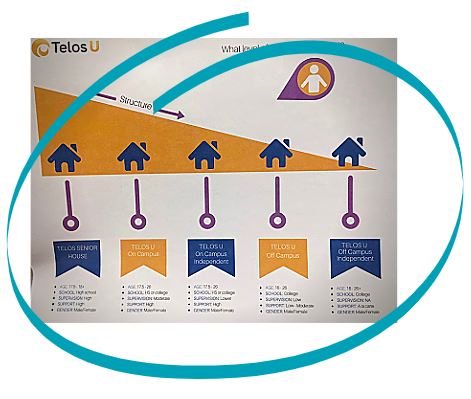
I realize I am starting to cheat here by packing three questions into one! The purpose here is to understand how goals are determined, e.g. the “end game,” and how we will be monitoring the path towards completion. This question should also illuminate how the program is monitoring what I call “microwins” – small daily signs of progress. While sometimes we can grow in spurts, most maturation and emotional growth is going to be slow and steady, and require a keen eye to positively reinforce every little win.
4) What is family involvement like?
Again, this question will provide insight into broader philosophies, policies, and goals of a program. It’s important to understand how often and in what context you will be communicating with your child, what family visits to the school would look like, and the nature of home visits and holiday schedules. It’s also important to explore the work you will do alongside your child so you can maximize the experience as a family. Also ask about special parent-child trips and family seminars.
5) What is life like post-graduation for your students? What should we expect and how do we plan for the future?
It’s important to consider what to expect on program completion. This includes not only emotional growth, but also academic and life-skills gains. Will your child be prepared to re-enter a mainstream academic environment? If appropriate, is there support in applying to college? Will your child be able to get a job? How is their pocket money managed and is their support around this skill? Will they have support in managing technology, specifically video games and social media? How is the educational consultant involved? In short, how are we going to be thinking big picture about preparing for the real world?
I hope these questions are helpful as you progress on your journey. I would love to schedule a consultation to provide you additional support! Email me HERE!











